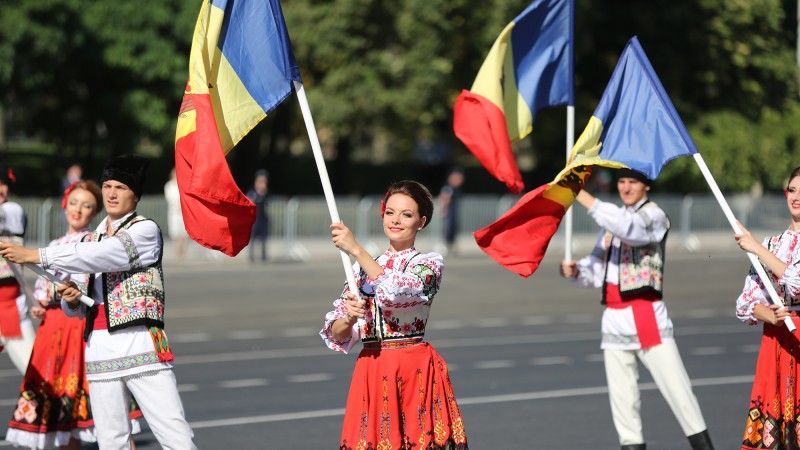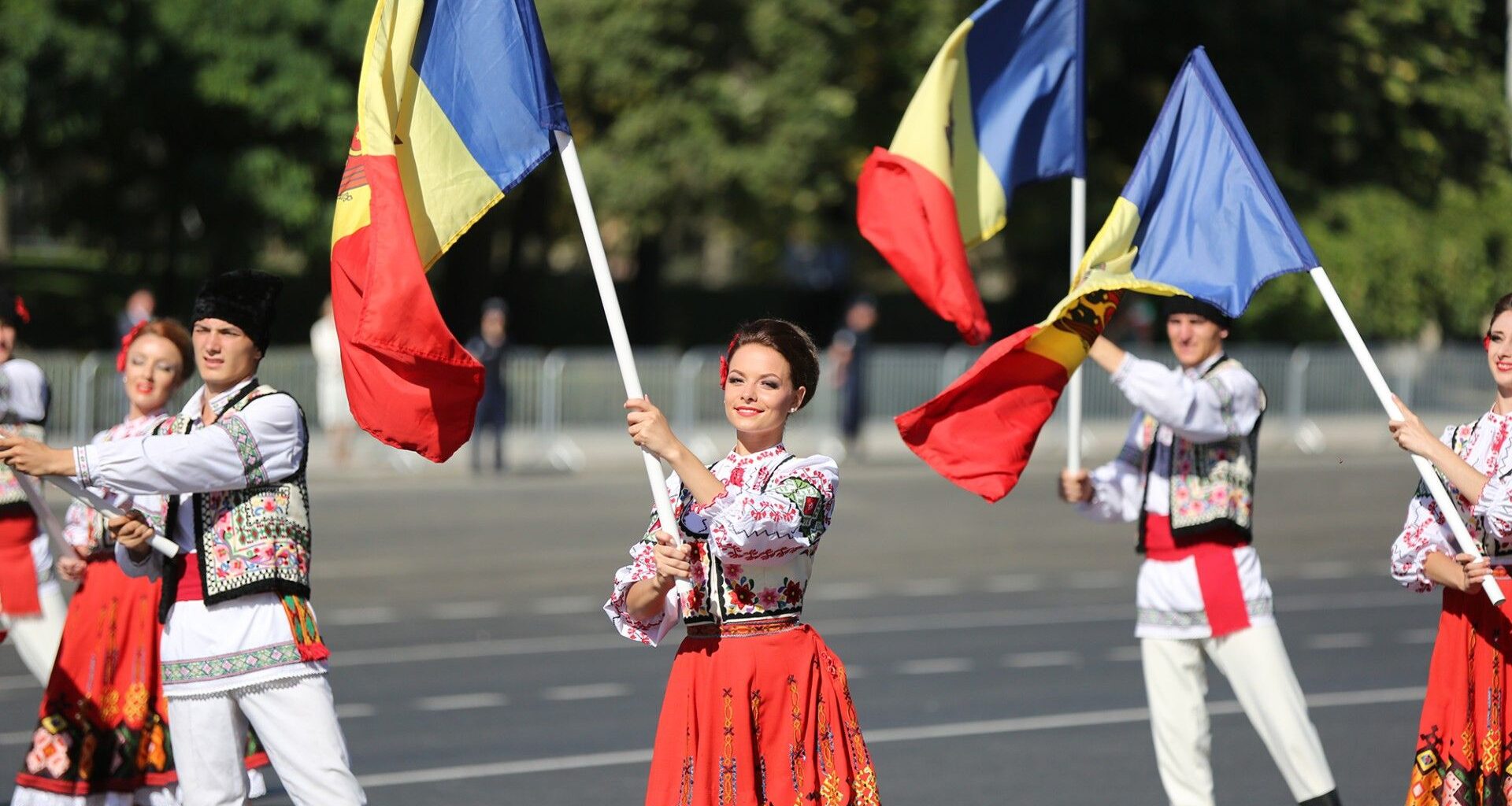
Photo. Wikipedia
Copy link
Send email
On 28 September Partidul Acțiune și Solidaritate (PAS, Party of Action and Solidarity), led by President Maia Sandu, obtained over 50% of the vote in the parliamentary elections in the Republic of Moldova, thereby securing the capacity to continue governing independently. In contrast, pro-Russian parties, including Blocul Patriotic (BP), Alternativa, and Partidul Nostru (Our Party), collected approximately 38% of the vote, despite some attempts to simulate pro-European positions in their political messaging. Despite substantial investments, Russia failed to win the elections and safeguard its strategic interests in Chișinău. This outcome constitutes a significant consolidation of Moldova’s pro-Western trajectory, primarily in relation to European Union integration. The result is important not only for Moldova’s domestic development but also for the broader security architecture of Central and Eastern Europe.
Historically, the territories of contemporary Moldova were annexed by the Russian Empire in 1812. Over nearly two centuries, excluding the interwar period of Romanian administration, successive Russian and Soviet authorities pursued systematic policies of Russification, national identity suppression, and the deliberate severance of cultural and political ties with Romania and Western Europe. After 1944, these practices were intensified through centrally planned communist economic mechanisms and comprehensive Sovietization. The Romanian language was particularly targeted: Cyrillic script was imposed, and artificial lexical Russicisms were introduced to erode linguistic authenticity.
Following the proclamation of independence in 1991, a significant portion of Moldovan society sought to modernize state institutions and enhance economic performance. Nevertheless, this process has consistently encountered resistance from Russia, which continues to maintain multiple strategic levers of influence. Among them, the unresolved status of Transnistria constitutes a critical obstacle to full European Union accession. The region remains de facto under Moscow’s patronage and rejects the authority of Chișinău. Additionally, the Autonomous Territorial Unit of Gagauzia, while formally recognizing Moldovan state sovereignty, exhibits strong pro-Russian orientations among its inhabitants. Furthermore, Russian linguistic and media penetration sustains susceptibility to disinformation campaigns. Economic leverage is exercised through Russian ownership of strategically relevant enterprises, while political influence persists within domestic elites, particularly via BP and Alternativa.
The pro-Western political camp succeeded in consolidating its organizational and leadership capacities within PAS under Maia Sandu, who previously held the office of Prime Minister and, since 2020, the presidency. PAS has governed with a parliamentary majority since 2021, while Sandu herself was re-elected in 2024. The same year, a national referendum on European integration yielded a narrow but positive outcome for the pro-European agenda. The Moldovan leadership receives explicit support from high-ranking European policymakers, including in Poland, where wide cross-party consensus prevails on the desirability of Moldova’s Euro-Atlantic alignment. Before the elections Poland’s prime minister Donald Tusk, together with leaders of France and Germany, visited Chișinău and expressed clear support for Maia Sandu and country’s EU aspirations.
Against this backdrop, the Russian Federation, simultaneously engaged in full-scale military aggression against Ukraine since 2022, invested extensive financial resources in destabilizing the Moldovan electoral process through disinformation. Russian-linked digital platforms orchestrated systematic smear campaigns against PAS and President Sandu, ranging from fabricated corruption allegations to discrediting personal attacks, including accusations of drug abuse – a recurring trope in Russian propaganda narratives globally. Between April and September 2025, an estimated 39 disinformation cases targeting Sandu and PAS were disseminated, often disguised as reports from fictitious Western media outlets.
The Moldovan government, however, responded with resolute countermeasures, including banning specific pro-Russian organizations and restricting the eligibility of certain candidates. These regulatory interventions significantly mitigated the effectiveness of Moscow’s strategies.
Consequently, the elections effectively functioned as a de facto referendum on Moldova’s geopolitical orientation. Russian political offers to Moldovan society: systemic corruption, governance instability, economic stagnation, and disinformation, proved increasingly unattractive to the electorate.
Certain pro-Russian actors, notably Alternativa, sought to simulate a pro-European stance, emphasizing cooperation with Western institutions. Nevertheless, such strategies failed to deceive large numbers of voters. The results suggest that segments of the electorate with cultural or linguistic proximity to Russia may prefer pro-Russian agendas reframed in Western terminology, a phenomenon particularly evident in Gagauzia, where Alternativa obtained over 11% of the vote (BP: 82%, PAS: 3%).
Looking ahead, the Republic of Moldova faces critical governance challenges. Although PAS’s first term was marked by important symbolic and strategic achievements, progress in anti-corruption reforms and economic progress lagged behind public expectations. The renewed mandate provides an opportunity to accelerate structural reforms and deepen institutional integration with the European Union.
